Empty cart
Oh no! It appears your cart is empty. Add some almonds to your daily regime with the Treehouse products.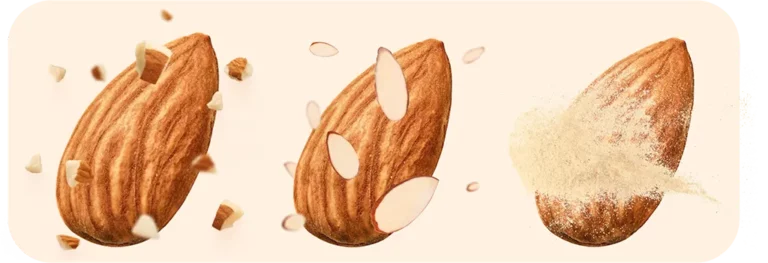
All Blog PostsNews
When you enjoy the plump, golden brown nuts we know as almonds, you are eating the kernel of the almond tree fruit. The kernel makes up the innermost part of the fruit along with the shell that surrounds the kernel, and the hull that encases the shell. While humans get nutritional benefit from the kernel, such as high-quality protein and heart-healthy fat, it is not the only part of almond production that serves an important purpose.
Growing almonds creates more valuable products than most people realize. One of the most exciting things about almonds as a crop is the important role they play in sustainable agriculture. Every part of almonds hold value, from imperfect kernels that don’t reach store shelves, to the clippings from almond trees. Using all parts of almonds extends the reach of the land and water resources that go into the production of the crop. These resources are producing so much more than the nut you eat.
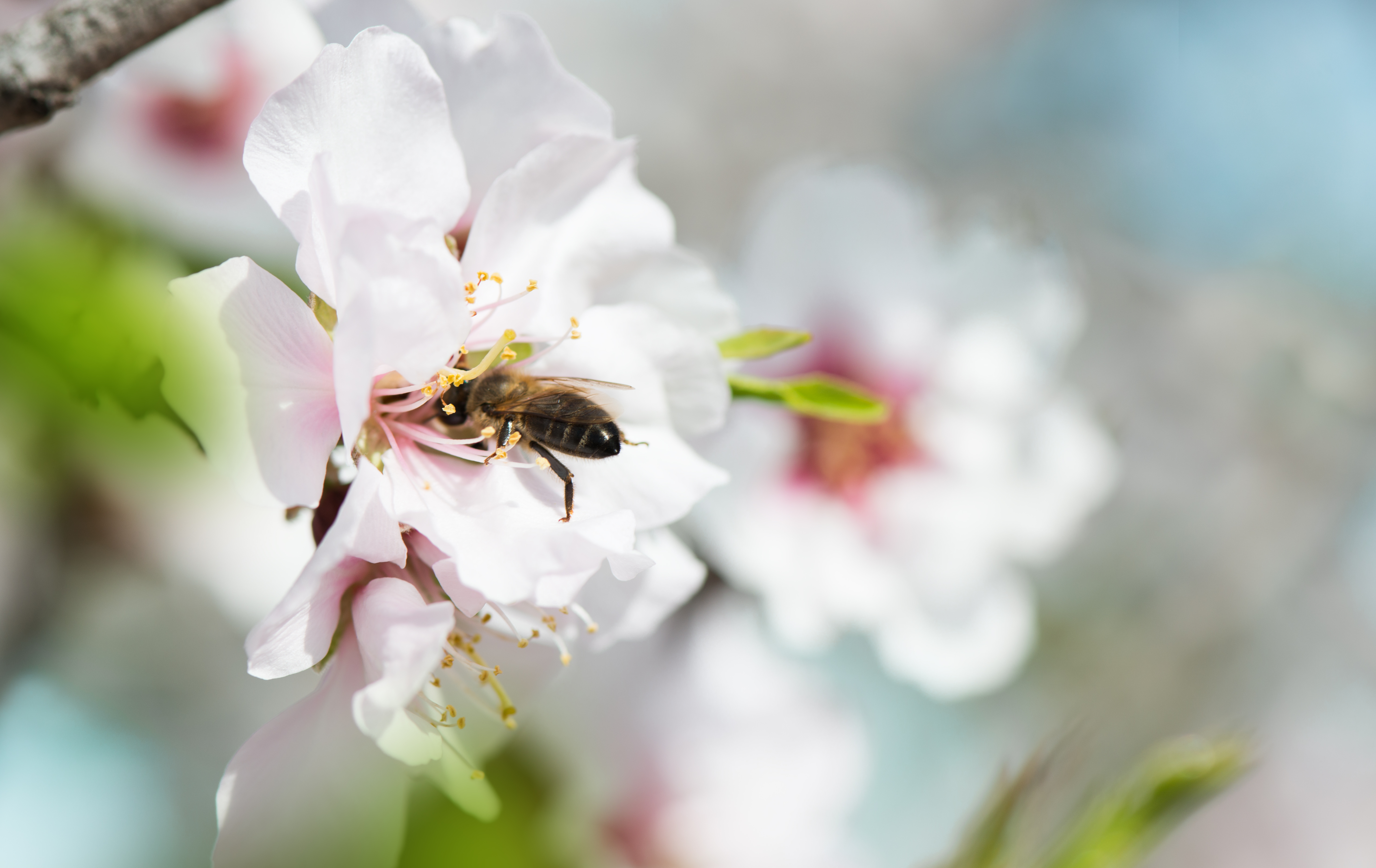
Long before the nut begins to form, almond blossoms are positively impacting the environment. Almond pollen is a nutritious food source for honey bees and almond pollination has been found to strengthen bee hives. We shared in our recent post about relocating a swarm of honey bees that honey bee populations can increase 10 to 20 percent during the almond bloom. Growing almonds plays an important role in promoting healthy bee populations so that these bees can go on to pollinate other crops around the country.
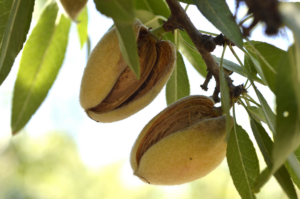
During the late summer, the almond hulls begin to split while the fruit is still on the tree. This allows the almond shell to dry. The almonds are harvested soon after the hulls fully open. Once the edible almond kernels are removed, the dried shells are used to create renewable energy at biomass regeneration plants. Shells are also used for livestock bedding and are a viable alternative to wood shavings harvested from lumber mills. The dry and fuzzy hull that once covered the shell goes into livestock feed. Almond hulls are a nutritious food source for cattle and a sustainable alternative to water intensive food sources such as alfalfa.
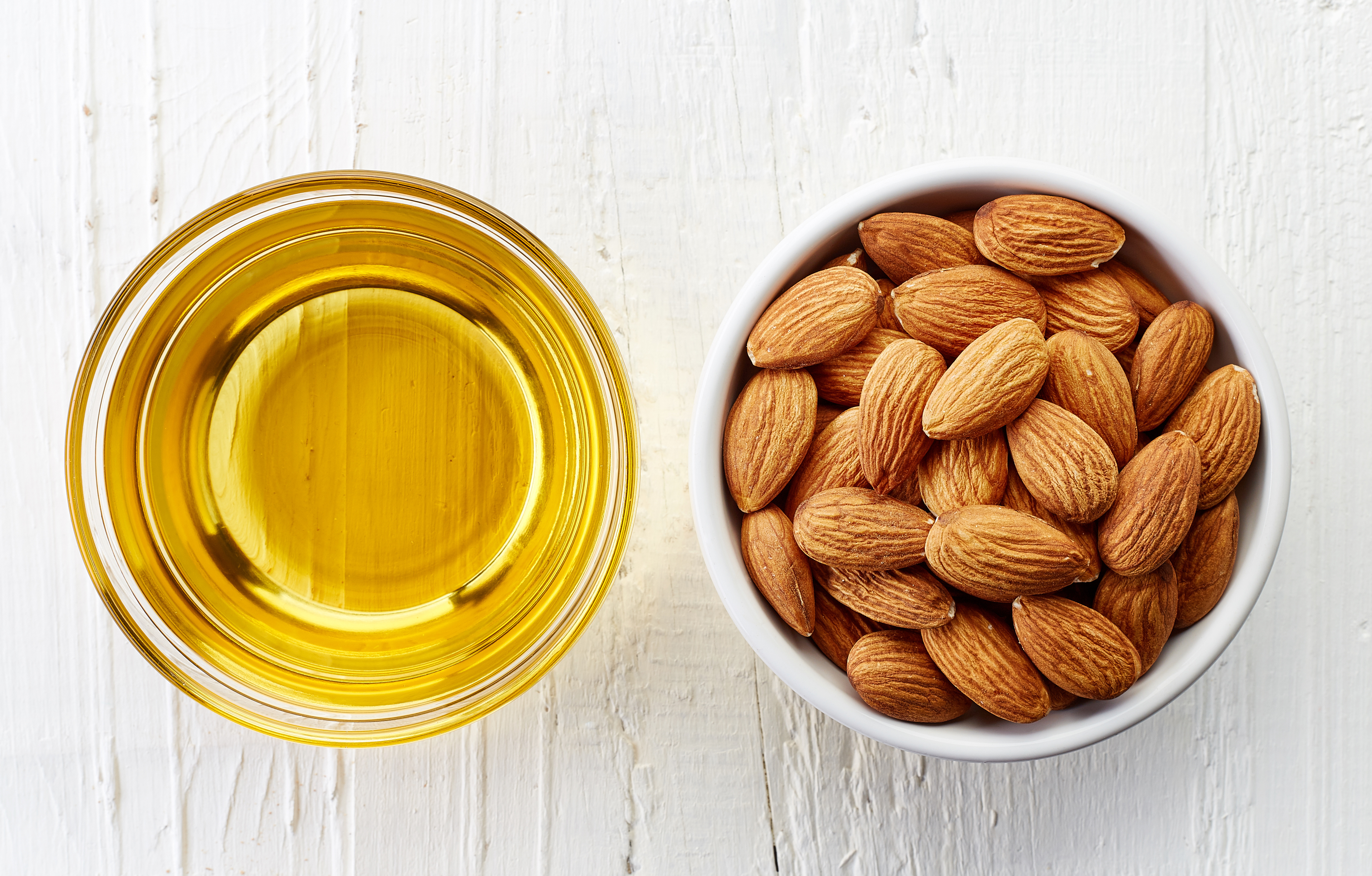
Not every almond that comes off the tree is ideal for consumption. You’ve probably guessed by now that even these flawed almonds aren’t thrown away. These nuts, along with the nut particles that are swept up and collected after processing, are turned into oil stock that goes into many of your favorite beauty products like body lotions and hand creams.
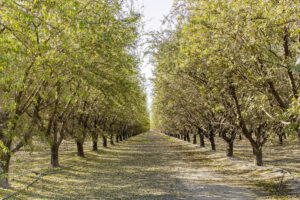
Clippings from almond trees are used to make mulch. Mulch is important for conserving resources in everything from large scale agriculture to home gardening. Laying mulch helps to hold water in the soil and assists in weed control for more sustainable food production.
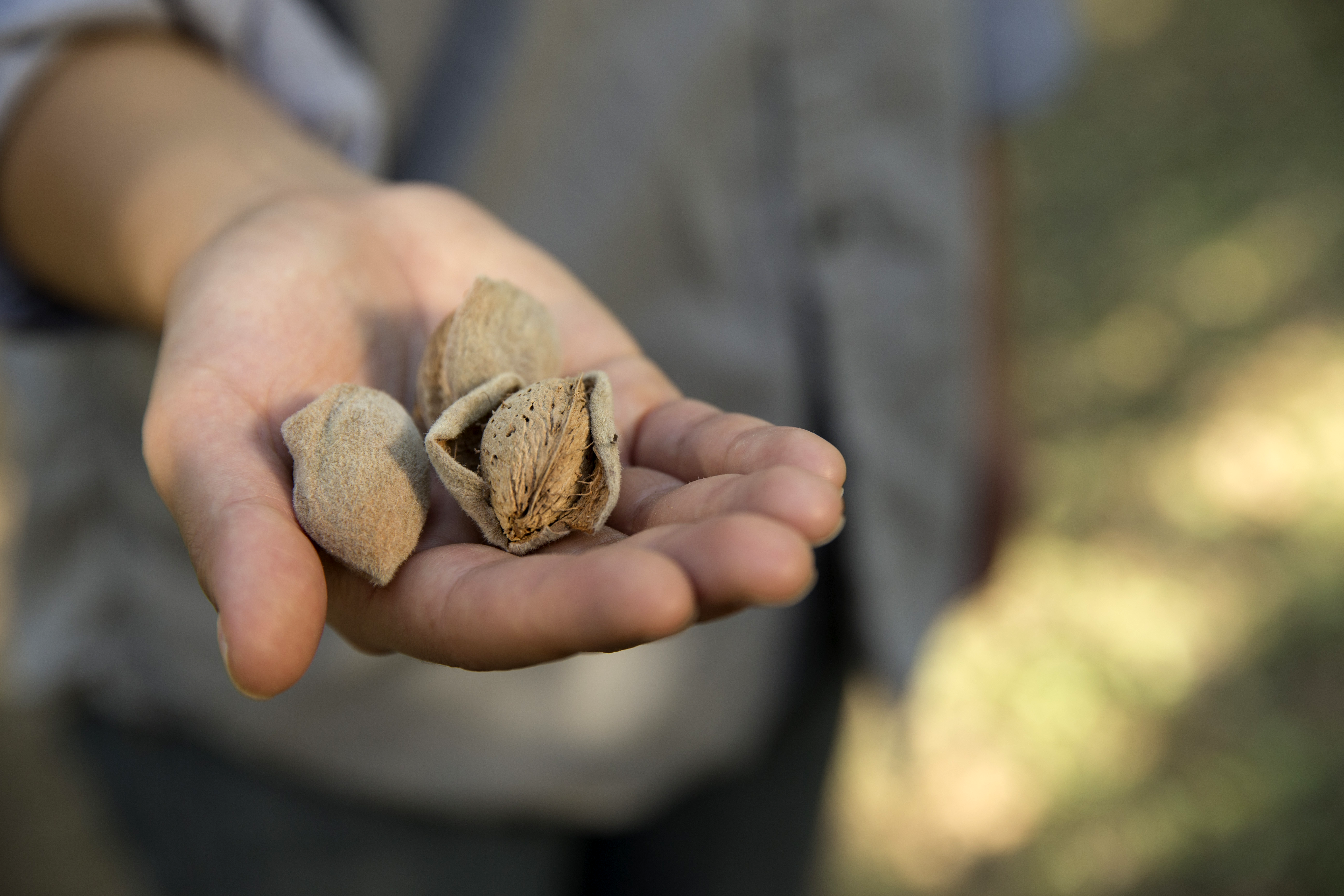
A recent U.S. Department of Agriculture census reported that over 90 percent of the almond farms in California are family farms with most owned by third and fourth-generation farmers. With the expectation to pass down farms for generations to come, family farms are especially concerned about managing resources to grow a sustainable product that benefits their families, employees and the community. Young farmers continue to drive the research for innovative ways to reduce waste and maximize the value of almond growing that creates a bright future for the industry. The goal of these efforts is to reduce the carbon footprint by lowering energy usage in the production of almonds. If practices continue to improve and expand, a carbon neutral, possibly even a carbon negative, almond industry is well within reach.
Stay tuned for the release of significant almond industry information, such as almond crop estimates and acreage reports. You’ll also find Almond Board shipping reports and related analysis from the Treehouse Almonds Leadership Team.
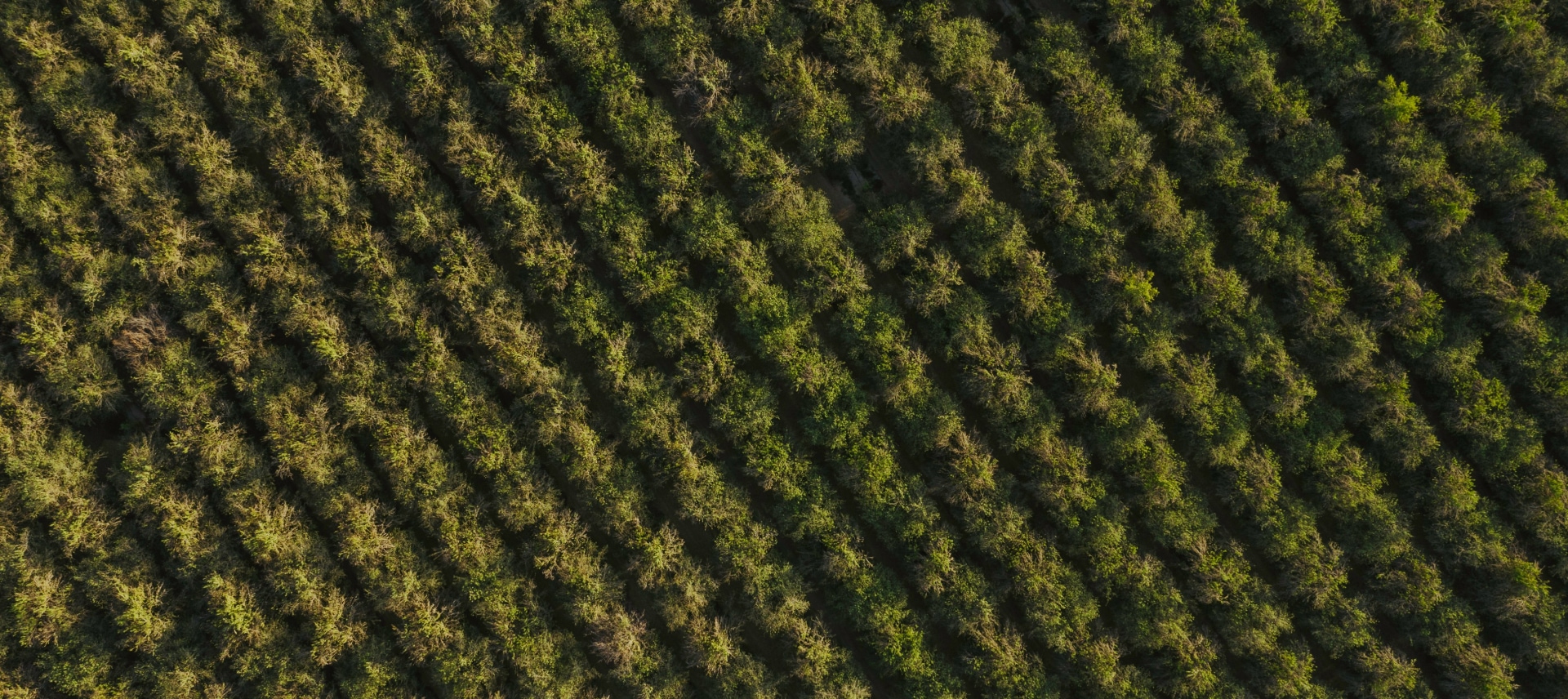
Be in the loop for vital news about the California almond market.
Enjoy 10% off when you order 6 or more